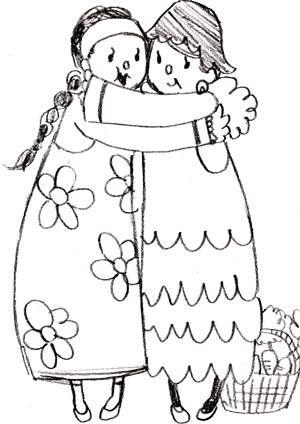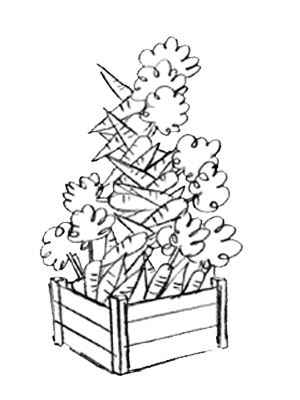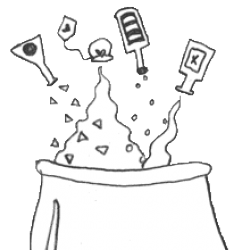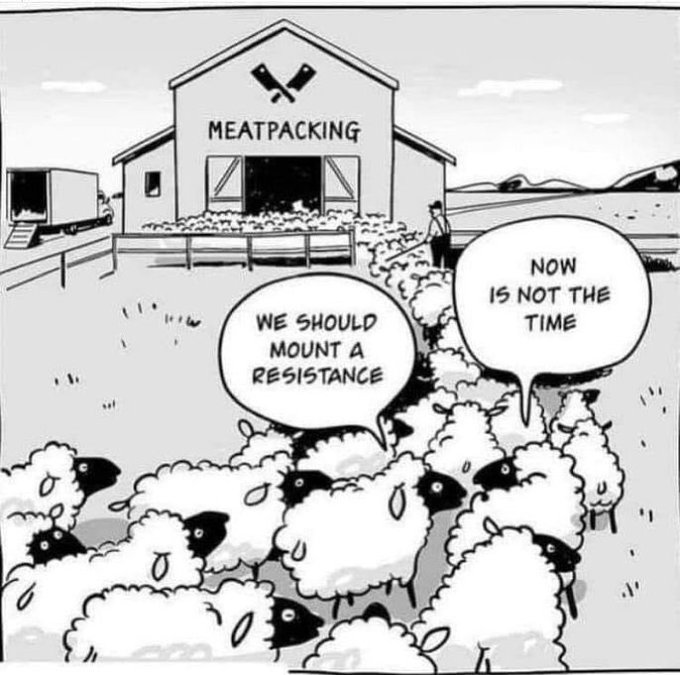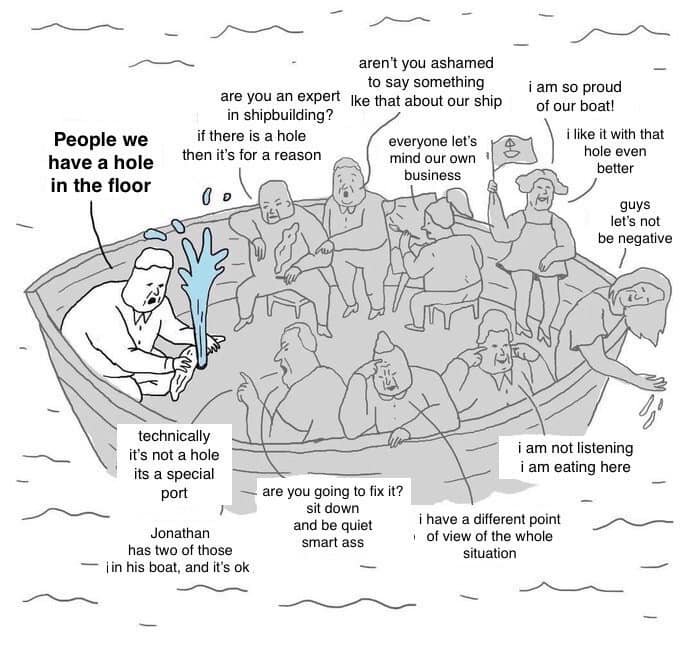There are meany online exchanges about software licences that can help to highlight the #geekproblem. Yep, these conversations can sound radical at first glance:
“Software licences won’t destroy capitalism, but if they can be even slightly annoying to capitalists in the meantime, I’ll take it.”
Fair. Nobody sensible thinks a licence clause will end capitalism. Making exploitation harder while working on the material conditions that allow it to exist is reasonable. But after this, the #geekproblem to often kicks in.
Very quickly, conversations collapses inward. Instead of asking what licences are for, or how they fit into a broader social strategy, we get trapped in internal debates about #GPL vs #AGPL, #FAANG legal departments, #FSF personalities, jurisdictional edge cases, and which licence is more “annoying”.
This is classic geek tunnel vision as the question shifts from power to mechanism, political outcomes to technical purity, and then collective strategy to individual preference and irritation. At this point, the original political intent is already lost.
Yes, saying “we should use licences that protect against FAANG abuses” doesn’t cut it. FAANGs aren’t a licensing problem, it’s a political and economic problem, they shouldn’t exist at all. Pouring huge amounts of energy into licence debates while quietly forgetting the actual goal of changing the social and economic conditions that make enclosure, extraction, and platform dominance possible.
This is why #FOSS needs to be socialised, licences are tools, not politics, they only matter insofar as they support collective power, shared infrastructure, and commons-based production. When they become identity markers, moral badges and endless argument fuel, they stop being useful and start becoming obstacles.
The #4opens framework exists to cut through this mess. Not to find the “perfect” licence, but to ask simpler, grounded questions:
- Is the code open?
- Is the process open?
- Is the governance open?
- Is the outcome open and reusable?
If those aren’t true, arguing about GPL vs AGPL is mostly noise.
The #dotcons cannot be fixed by clever licensing. And the #fashionistas endlessly flocking to new “ethical-ish” platforms aren’t helping either. What matters is building native, grassroots, public-first infrastructure, and keeping our eyes on that horizon.
So please, use licences tactically, sure. Make capital’s life harder where you can. But don’t confuse irritation with transformation. That confusion – mistaking technical manoeuvring for political progress – is the heart of the #geekproblem.
Long live the GPL, AGPL, or whatever works in context. But without social organisation, collective ownership, and open governance, they’re just paperwork in a burning world.
So as ever, don’t be a prat, please.


